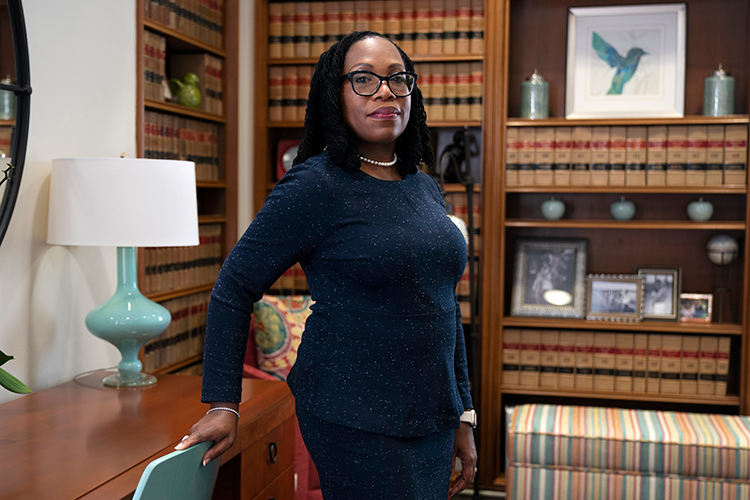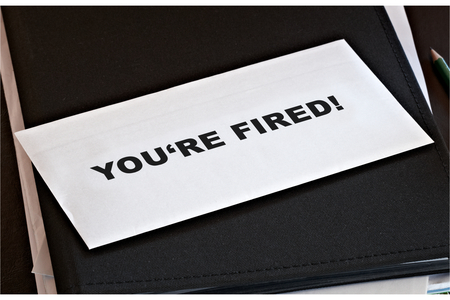Will Supreme Court nominee Jackson's Harvard ties lead to recusal in race-conscious admissions case?

U.S. Supreme Court nominee Judge Ketanji Brown Jackson. Photo by Jacquelyn Martin/The Associated Press.
Some Republican members of the Senate Judiciary Committee plan to ask U.S. Supreme Court nominee Judge Ketanji Brown Jackson whether she will participate in a case challenging race-conscious admissions policies at Harvard University.
The senators are raising the recusal issue because of Jackson’s ties to her alma mater, the Washington Post reports. Since 2016, she has served on Harvard’s Board of Overseers, which counsels university leadership on “priorities, plans and strategic initiatives.” A different board, the Harvard Corporation board, has fiduciary responsibility.
Jackson’s daughter will attend the university this fall. Jackson also served as an alumni association director, as a member of the Harvard Club of D.C and as a member of the Harvard Black Alumni Society. She also taught a Harvard Law School workshop.
Jackson’s Harvard involvement appears “pretty deep and significant,” said Republican Sen. Josh Hawley of Missouri. “I imagine it will come up, and I’d like to hear the answer myself.”
Jackson’s hearings before the Senate Judiciary Committee are scheduled to begin March 21.
The Washington Post noted that four current justices are Harvard law grads. Justices Elena Kagan and Brett M. Kavanaugh have also taught Harvard law courses, and Kagan was the Harvard law dean from 2003 to 2009, according to Harvard Law Today.
The Supreme Court is considering the admissions policies at Harvard and the University of North Carolina at Chapel Hill. The group challenging the policies, Students for Fair Admissions, is seeking to overrule Grutter v. Bollinger, a 2003 Supreme Court decision that held that colleges and universities may use race as one factor in admissions decisions.
Federal law requires federal judges to disqualify themselves in any proceeding in which their “impartiality might reasonably be questioned.” Justices on the Supreme Court make their own decisions on recusal, however.
Susan Saab Fortney, a professor at the Texas A&M University School of Law, outlined the arguments for and against recusal.
One argument is that recusal isn’t required because Jackson wasn’t involved in decision-making related to the admissions policy, Fortney told the Washington Post in an email. The contrary argument “is that impartiality should be considered in the eye of the beholder and that her impartiality might be reasonably questioned because of her governing board connection,” Fortney said.
Jackson “erred on the side of recusal as a trial court judge,” the Washington Post said. But there are additional considerations when a Supreme Court justice decides whether to recuse. When a trial-level judge recuses, there are other judges available to take their place. But when a Supreme Court justice recuses, there is a possibility of deadlock. That implicates the “duty to sit.”
Jackson’s previous recusals include two cases involving Harvard, according to the Washington Post. In both instances, the university was not a party to the lawsuits.
One case was a challenge to the Department of Education’s sexual assault guidelines. Jackson said the overseers board was considering its own response to the guidelines. The other case involved a Harvard librarian’s public records lawsuit against the Environmental Protection Agency.
See also:
ABAJournal.com: “Tucker Carlson wants to see SCOTUS nominee Jackson’s LSAT score; critics say demand is racist”
ABAJournal.com: “Biden nominates Judge Ketanji Brown Jackson to the US Supreme Court”
ABAJournal.com: “Op-ed shoots down criticism of SCOTUS nominee Ketanji Brown Jackson for ruling against class of Black workers”



